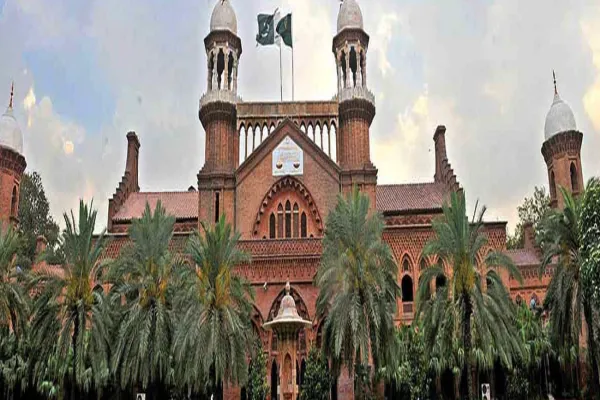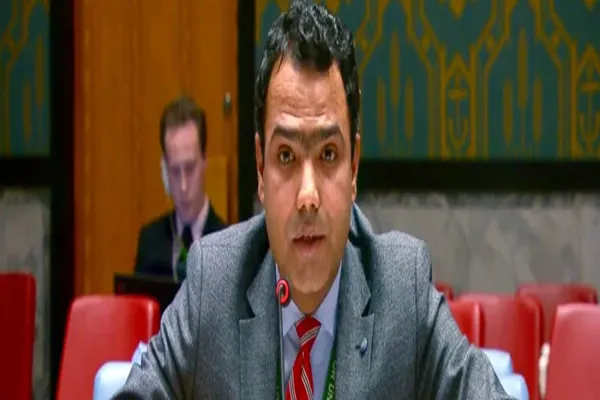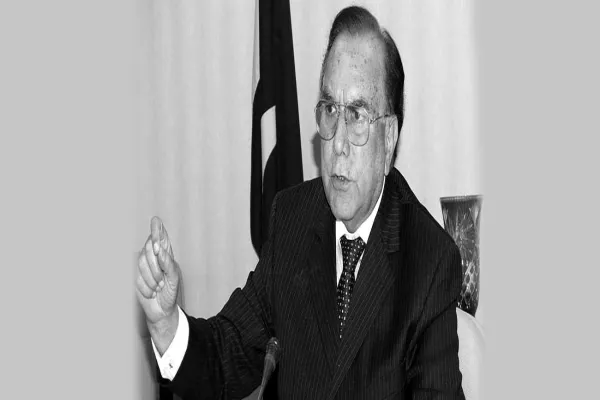i NEWS PAKISTAN
The Supreme Court (SC) resumed the hearing of the National Accountability Bureau (NAB) law amendments case. On Thursday with former premier Imran Khan again attending the hearing via video link. A five-judge bench led by Chief Justice Qazi Faez Isa and including Justice Aminuddin Khan, Justice Jamal Khan Mandokhail, Justice Athar Minallah, and Justice Syed Hasan Azhar Rizvi, is hearing the federal government's intra-court appeal. The federal government has challenged the apex court’s majority verdict in September last year, declaring amendments to the National Accountability Ordinance (NAO) 2002 illegal. Tuesday’s proceedings were telecast live on the apex court's website. At the outset of the hearing, Justice Minallah said the hearing should be broadcast in the same manner earlier hearings were. However, the chief justice said the case is "technical" in nature and is not a matter of public interest.
"The last hearing was not broadcast live and neither will we broadcast today," added Justice Isa. The Khyber Pakhtunkhwa attorney general also stated the case pertained to public interest, to which CJP Isa replied, “This is a technical case; there is no affair of public interest in it.” The apex court is seized with a number of intra-court appeals (ICAs) moved by the federal government as well as by a private citizen Zuhair Ahmed Siddiqui, who was an accused in a corruption case but not a party to the challenges to the NAB amendments case. It is worth mentioned here that in 2022, amendments were made to the country’s accountability laws by the then-Pakistan Democratic Movement-led government. The amendments made several changes to the National Accountability Ordinance (NAO) 1999, including reducing the term of the NAB chairman and prosecutor general to three years, limiting NAB’s jurisdiction to cases involving over Rs500 million, and transferring all pending inquiries, investigations, and trials to the relevant authorities.
Subsequently, Imran had moved the apex court against the amendments, claiming that the changes to the NAB law were made to benefit the influential accused persons and legitimise corruption. The petition had pleaded that the fresh amendments tend to scrap corruption cases against the president, prime minister, chief ministers and ministers and provide an opportunity to the convicted public office-holders to get their convictions undone. In September last year, after 53 hearings, the SC announced its 2-1 verdict, ordering the restoration of corruption cases against public office holders that were withdrawn due to the amendments and declaring Imran’s plea to be maintainable.
Credit: Independent News Pakistan









